





Field investigations: an unconventional pedagogical method
Field investigations are a valuable and flexible learning method, which can be practiced by just about anyone – and which comes with a number of benefits you might want to hear about. This practice is an essential element of the Pedagogy of our Bachelor Programme in Alternative Education – in this article, we would like to share with you our understanding and considerations on this method, so that you can make the best out of it, too.
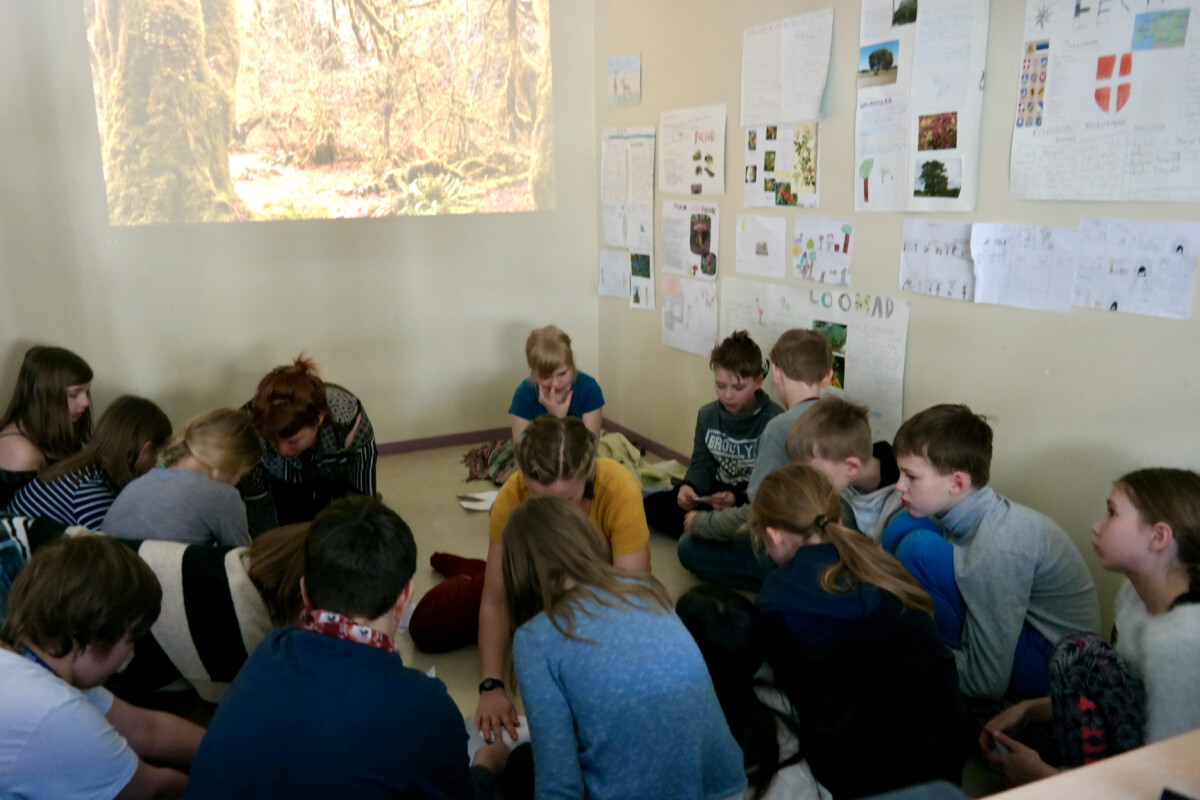
Who should conduct field investigations, and when?
This method is flexible enough that it can be practiced by different age-groups and in different settings – making adjustments according to the context, it is clear. Whether you are a primary school teacher who is considering proposing this method to their pupils or a university student willing to dig deeper into their field of studies, then, you will find this method of personal relevance and interest.
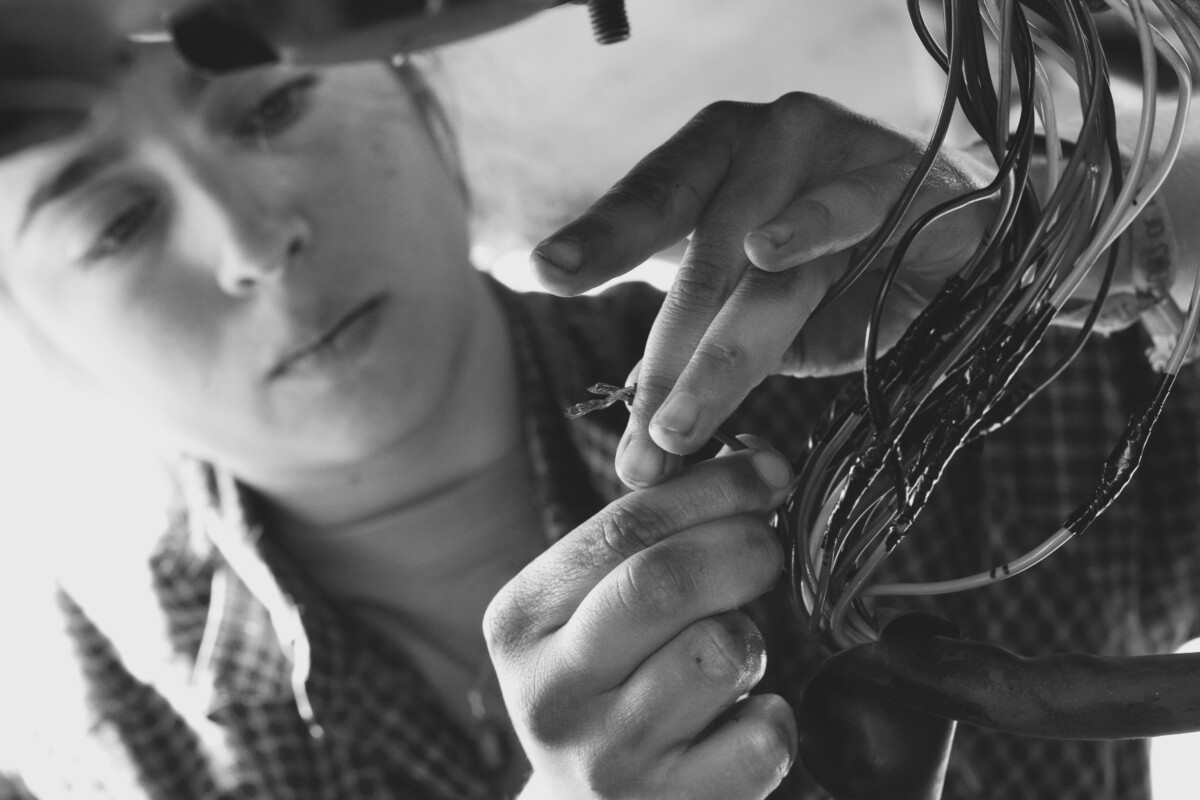
What are field investigations?
Investigations, in short, are researches that go beyond the pure consumption of second-hand content and extend to experiencing the topic you are studying yourself – or to getting close to whoever does. In practice, this means choosing a topic and learning about it in a holistic way: both by studying it in the classical sense, but also by ‘practicing’ it, by talking to people who are involved in it, and by observing its practical implications on the world.
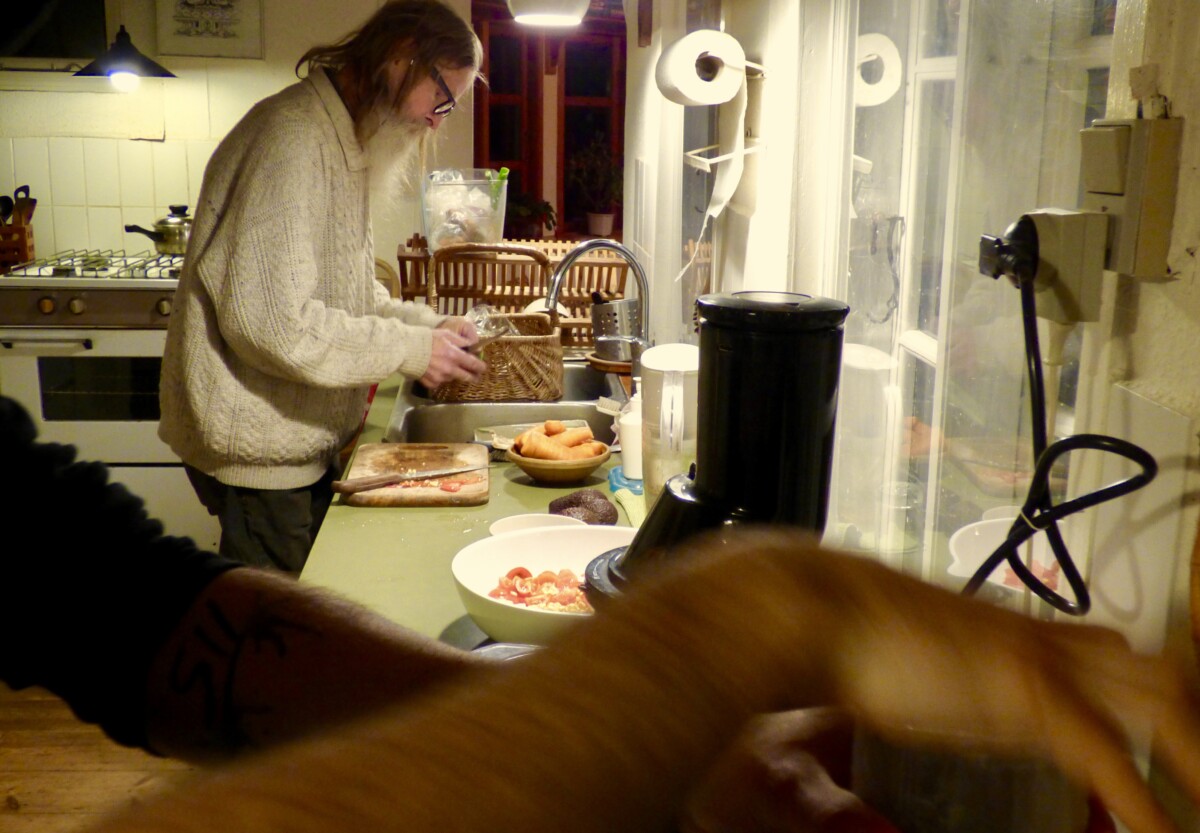
What kind of topics can be investigated?
There’s no strict rules: if you’re imaginative and skilled enough, there’s nothing you can’t investigate. Certainly, this method goes particularly well with topics related to current affairs or social themes – imagine learning about a certain social issue by talking to the people directly affected by it, for example. Another note: field investigations are particularly effective when aiming to challenge a thesis or answer a specific question.
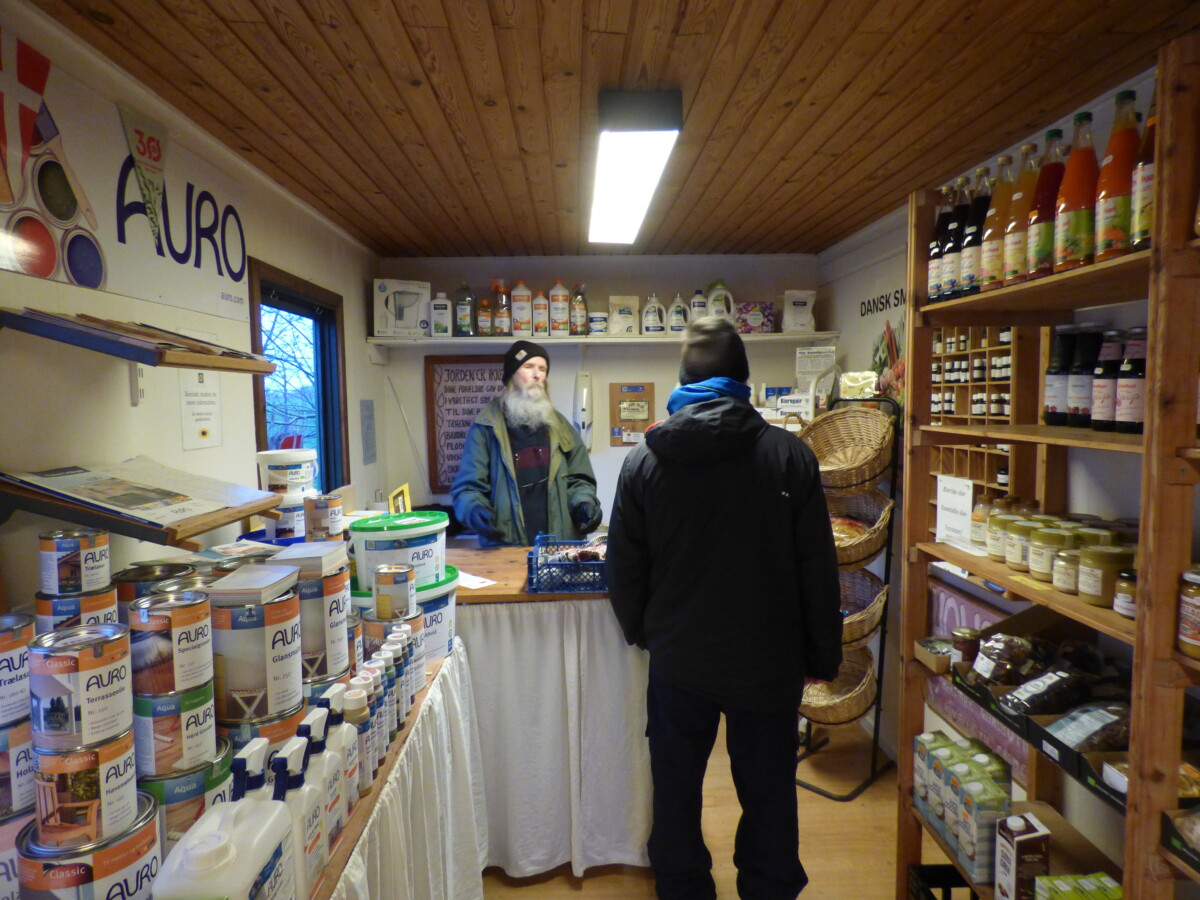
An example: “Is organic agriculture really a solution to the issues related to conventional agriculture?” As tempting as it might seem to learn about this topic on the internet, you’d be surprised by the diversity and richness of information you’d receive from the people directly involved in the field – without mentioning the value of the human experience you’d gain on the way.
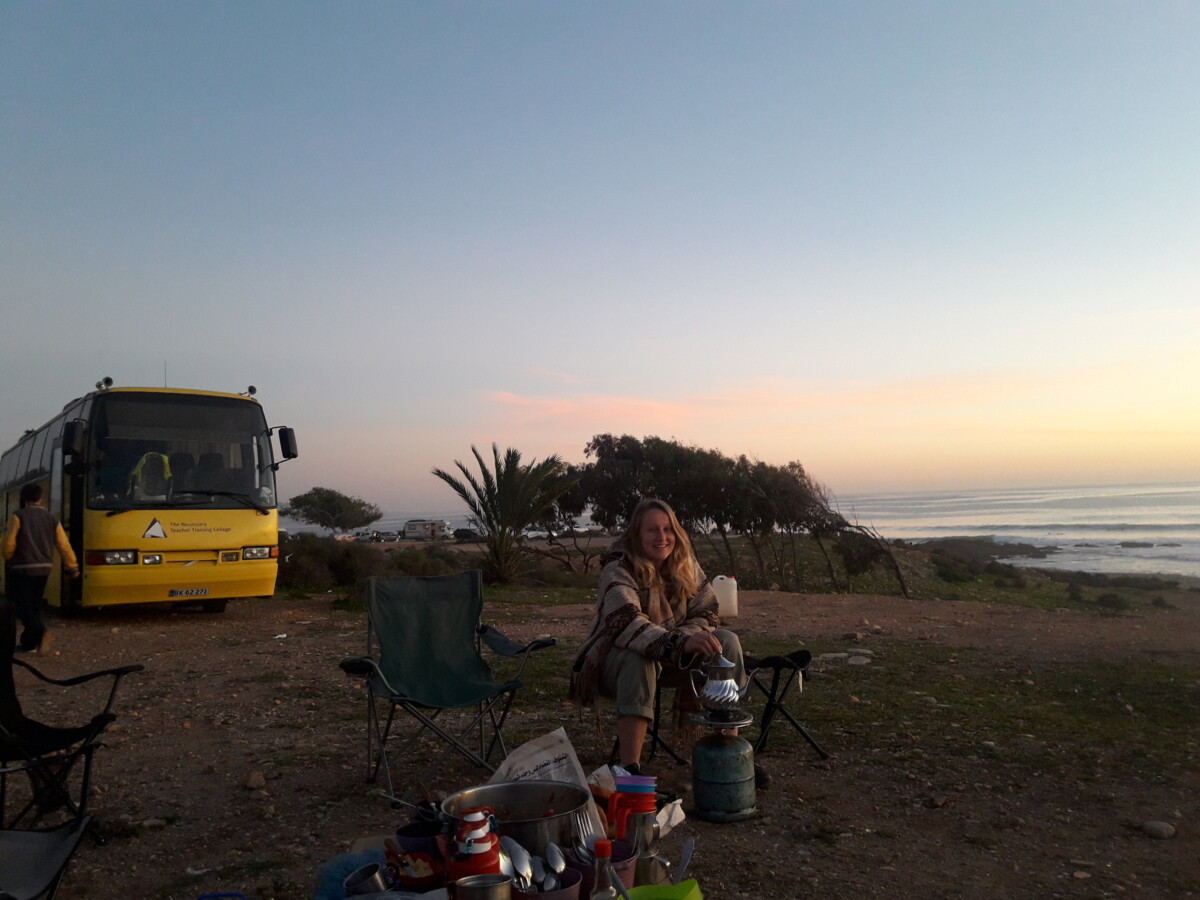
Field investigations and Alternative Education
At their core, investigations challenge the belief that learning can happen only within the school walls, empowering the students with the attitude to learn from their surroundings, to approach their reality with an inquisitive and critical mindset. They also challenge the feeling that learning must be abstract, theoretical and draining: investigations can involve you emotionally and motivate you with exciting experiences.
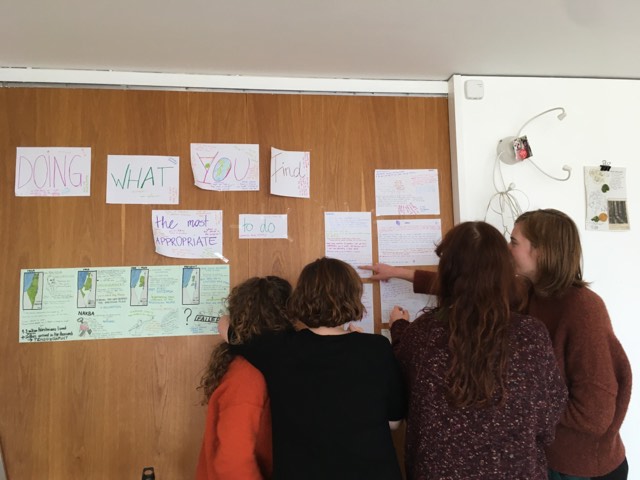
Student-centered learning
This method positions you, as the learner, at the center of your own education. Suddenly, you’re not following imposed guidelines or studying pre-decided material, but you’re considering on your own which way is best to learn about a certain topic – by planning out your research, booking appointments with people you want to interview, or simply knocking on some strangers’ doors.
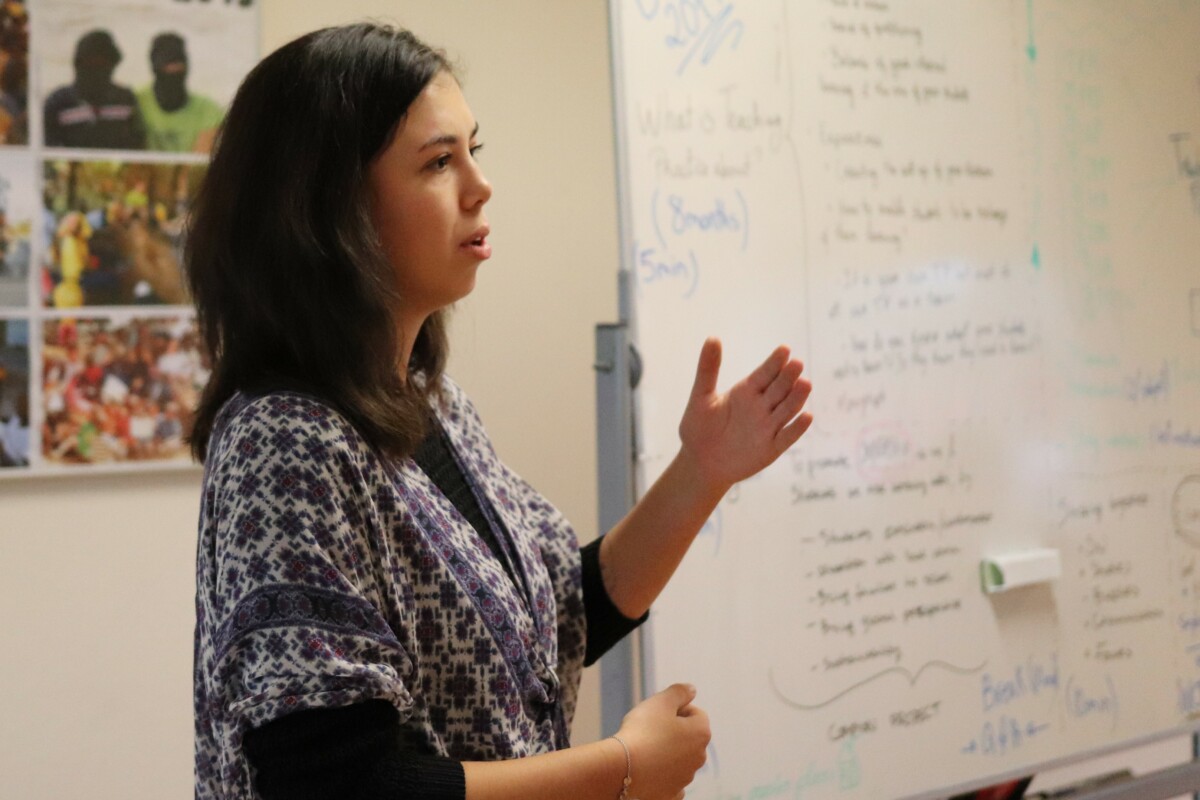
Field investigations will teach you more than you intended to learn
One relevant aspect of field investigations is that they are challenging: not only on an intellectual level, but on a social, practical and even physical level, too. On an investigation you’ll have the chance to train your social skills by talking to strangers, your organizational skills by planning out your research – you might come across experiences that will be overall significant for your personal growth and the development of your worldview. These are all elements, sadly, that traditional education tends to overlook.
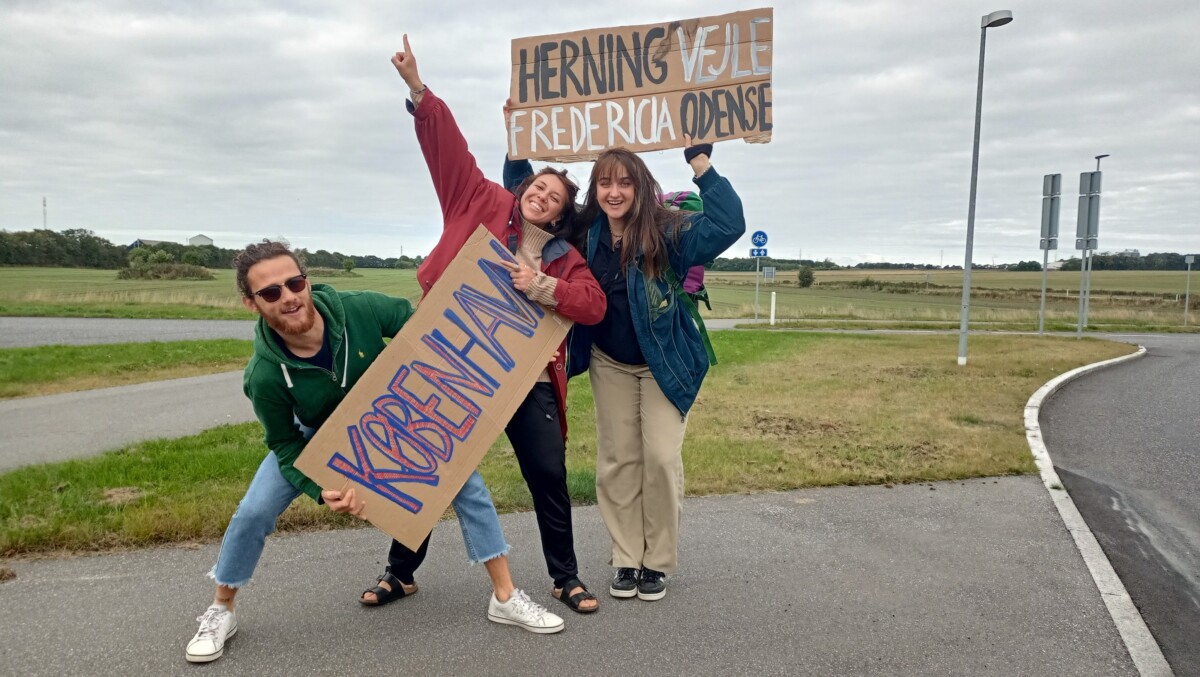
Taking the learning process seriously
A difficulty related to this method, perhaps, is the temptation to go all the way into learning from the lips of the people we meet and forget about the big picture – that is, the necessary complexity of every topic we study, especially when it comes to political or social matters. Investigations should be regarded as a serious scientific process – people’s opinions are not to be confused with facts, individual experiences with general truths, and so on.
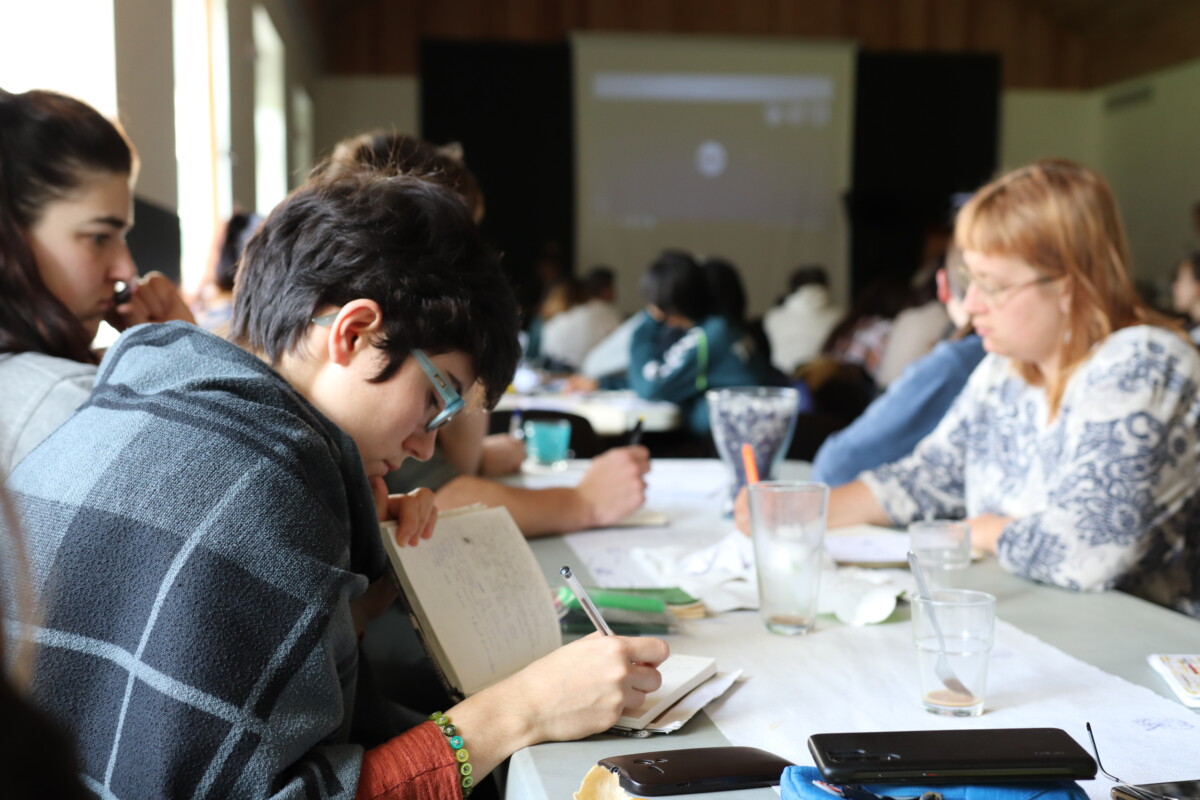
In this sense, a field investigation represents, most of the time, only a glimpse, an example, a small part of reality. The knowledge gained from it needs to be used wisely and always in comparison with the results of other people’s investigations: those stored in books, in articles or documentaries, for example.
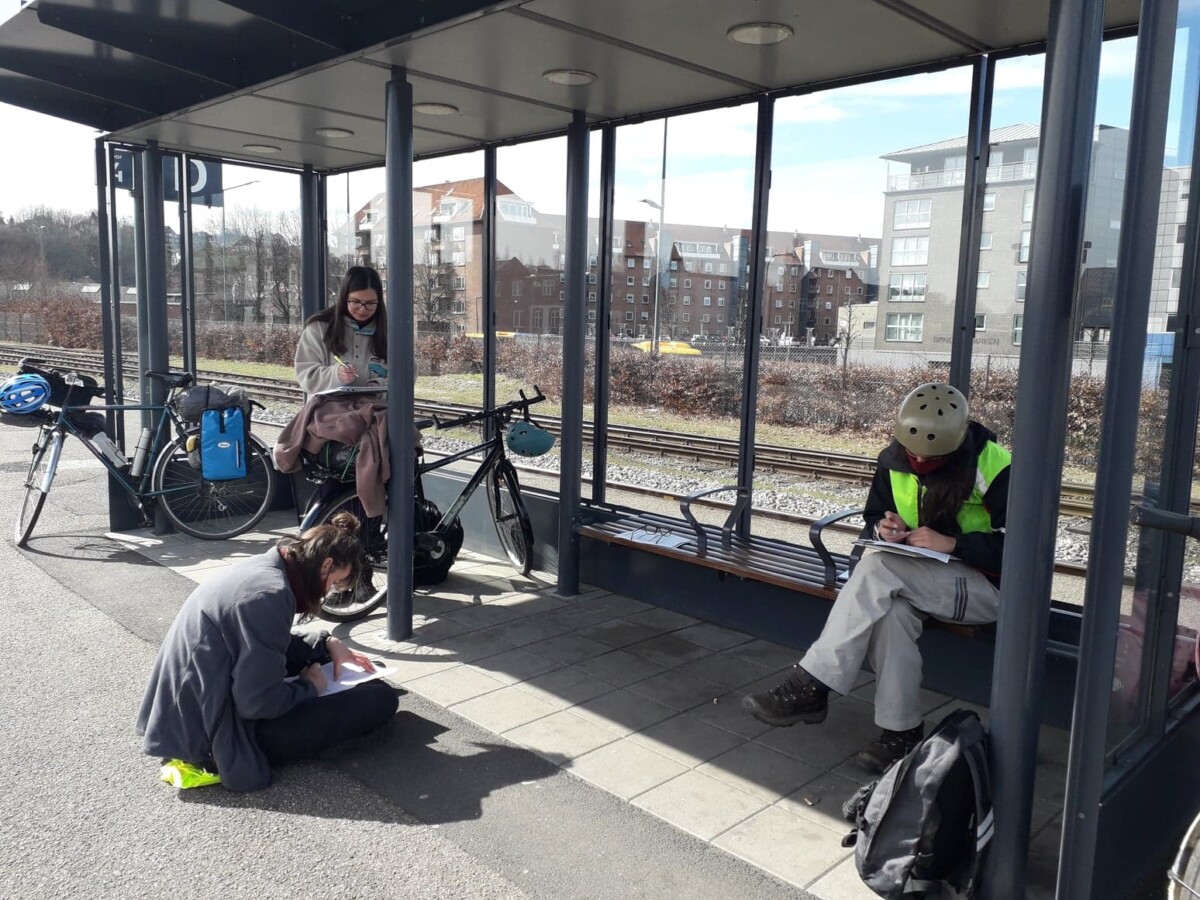
Working on the information gained on the investigation
As you approach the end of your investigation, you will want to look back on the information you collected on the way and make sense of it. Can you back up some of the knowledge you gained from your encounters with data and reliable sources? Are you able to draw some conclusions? What new questions did your investigation inspire? Working on the information you have acquired is an essential step of your learning process.

Concluding on the field investigation
At our college, students are encouraged to elaborate on their investigations by creating products to be shared with others – such as scientific reports, podcasts, workshops or courses, or art installations. Teaching others is a good way to make sure you deeply understand the topic yourself, and it of course opens up an opportunity to make your knowledge public and available.
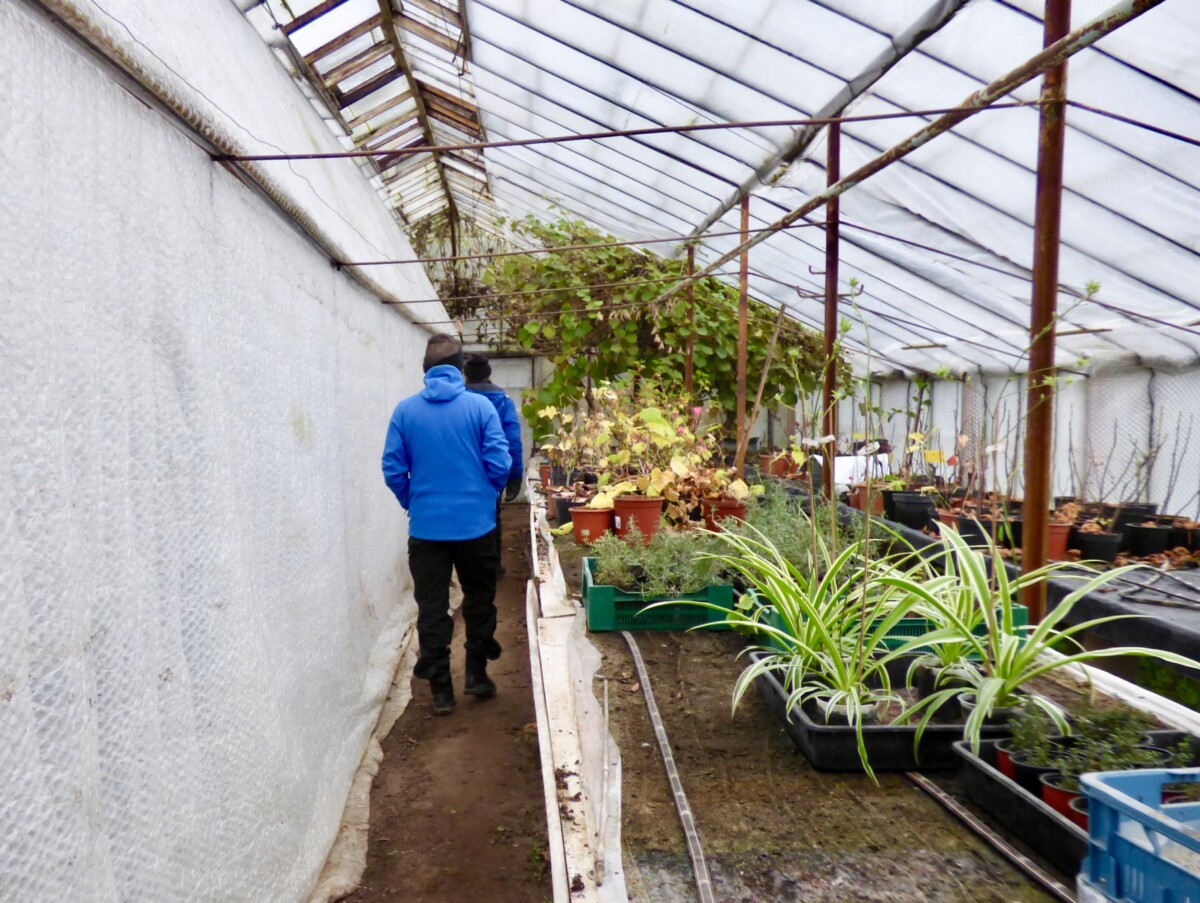
In conclusion
Filling some spaces often left empty by traditional education, field investigations are challenging, but effective ways to learn. In this article, we skimmed through everything you need to know to get started yourself. Through this method, you might be able to gain knowledge that will deeply influence your understanding of the world, while forming powerful memories and human connections.
Is there something else you would like to know about field investigations? Let us know in the comments!
Other Pedagogical Tools
Field Investigations are just one of the unconventional pedagogical methods we practice at our Teacher Training College. Check out this article about 5 interesting teaching tools.
Alternative education
If you are interested in Alternative Education, you might want to read about the 10 pedagogical principles that lay at the base of our alternative pedagogy.
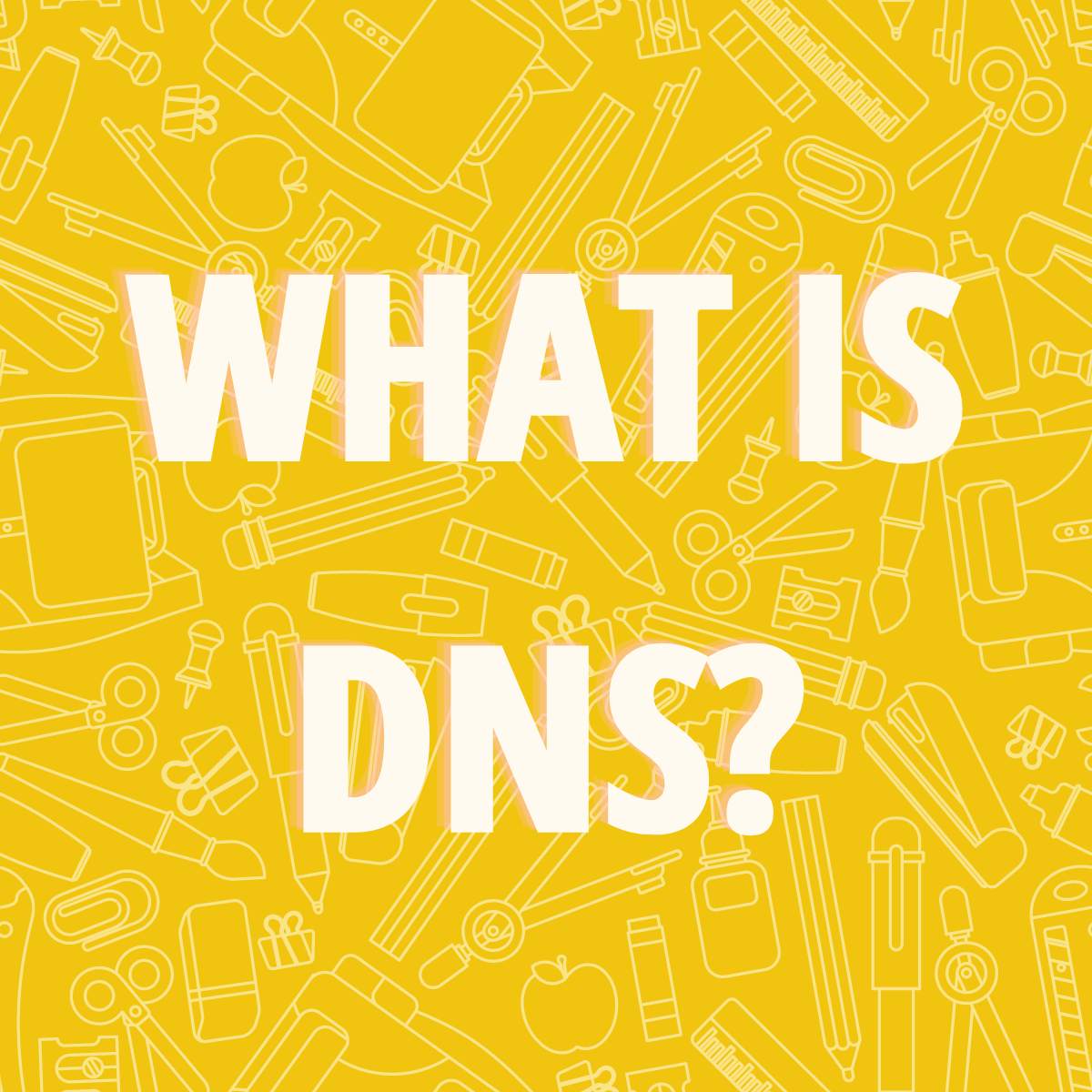
What is DNS?
“The Necessary Teacher Training College” is an alternative higher education aiming to train progressive personalities who are able to understand and respond to the many challenges of our times.
Based in Denmark, our 4-year Bachelor Programme aims to enable its students to become global citizens and proficient educators.
Since DNS was established in 1972, over 1.000 graduates have played an important role in bringing equitable quality education to children and youth, as well as in all sorts of other projects and development programmes worldwide.
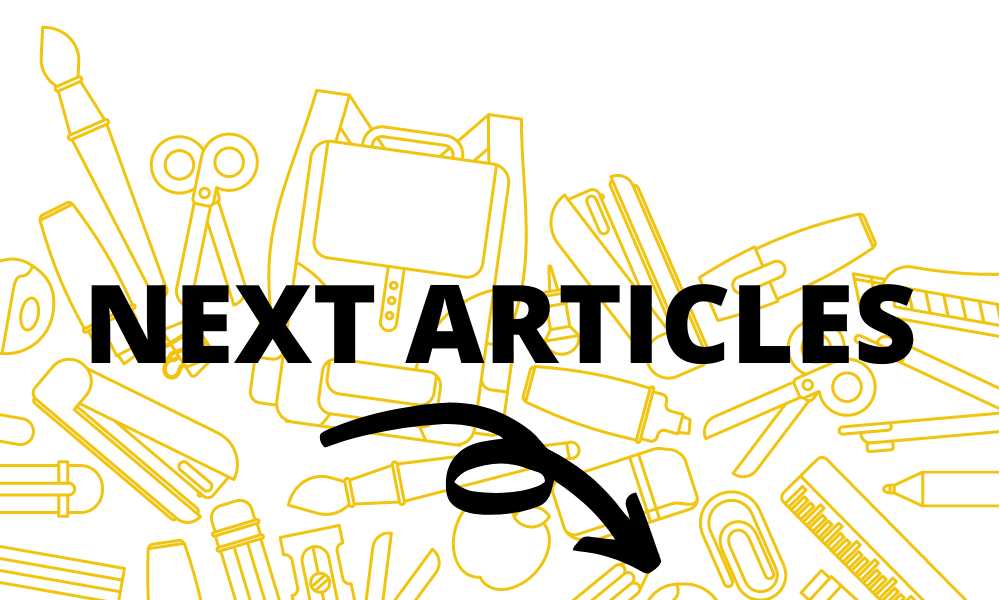
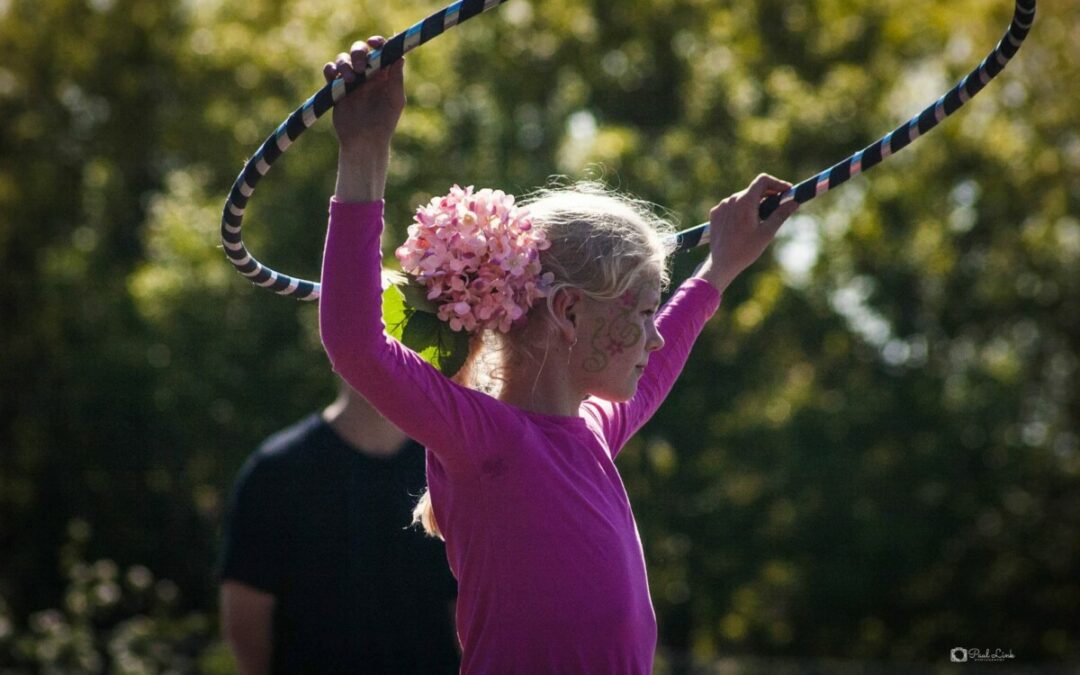
Student experiences: “Learning about Gamification in Adult Education”
In order for gamification in adult’s education to work, educators should resort to strategies such as promoting fun and engaging activities whilst creating a safe and supportive learning environment.
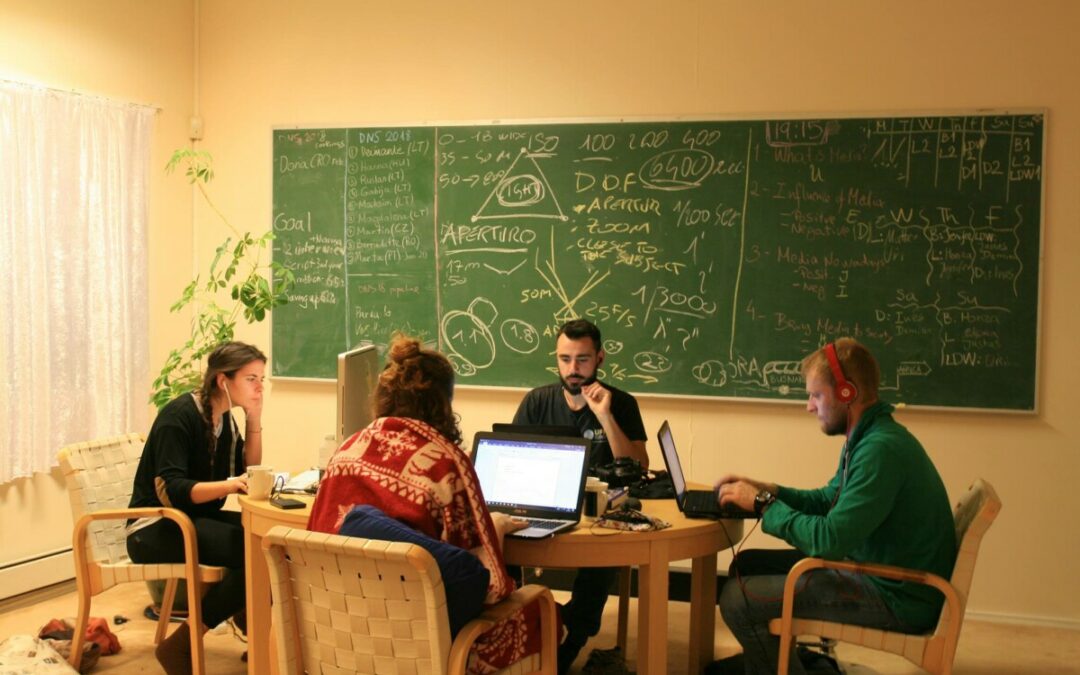
Transforming Education with these 5 unconventional Teaching Methods
These are five unconventional teaching methods – or learning, if you prefer – drawn from the experience of our Bachelor Programme in Alternative Education. We hope they’ll inspire you to approach learning for what it is – an engaging and fulfilling activity, at its core.
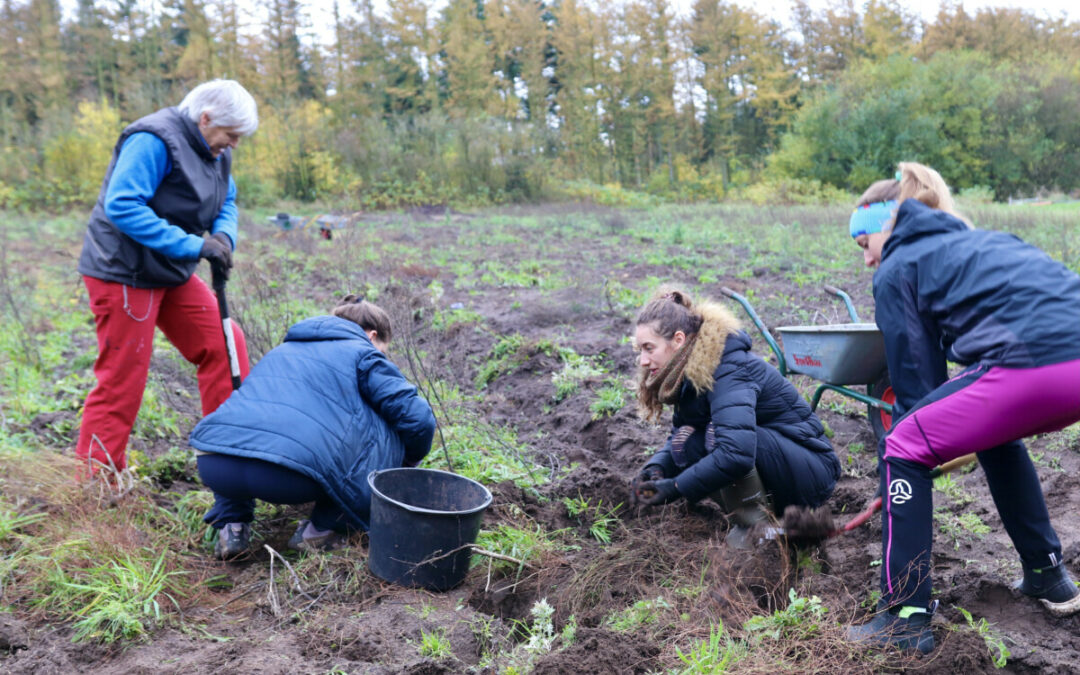
Student experiences: “We need intergenerational collaboration to face the Climate Crisis”
Intergenerational projects – like combining kindergarten and old age homes under the same roof – are showing us an enlightening new approach to planet protection.



Let’s start a discussion!
Did you like this article? Let us know what you think in a comment!
“Field investigations are challenging but effective ways to learn.”
Here is what others think:
7 Comments
Submit a Comment


Student experiences: “Learning about Gamification in Adult Education”
In order for gamification in adult’s education to work, educators should resort to strategies such as promoting fun and engaging activities whilst creating a safe and supportive learning environment.

Transforming Education with these 5 unconventional Teaching Methods
These are five unconventional teaching methods – or learning, if you prefer – drawn from the experience of our Bachelor Programme in Alternative Education. We hope they’ll inspire you to approach learning for what it is – an engaging and fulfilling activity, at its core.

Student experiences: “We need intergenerational collaboration to face the Climate Crisis”
Intergenerational projects – like combining kindergarten and old age homes under the same roof – are showing us an enlightening new approach to planet protection.


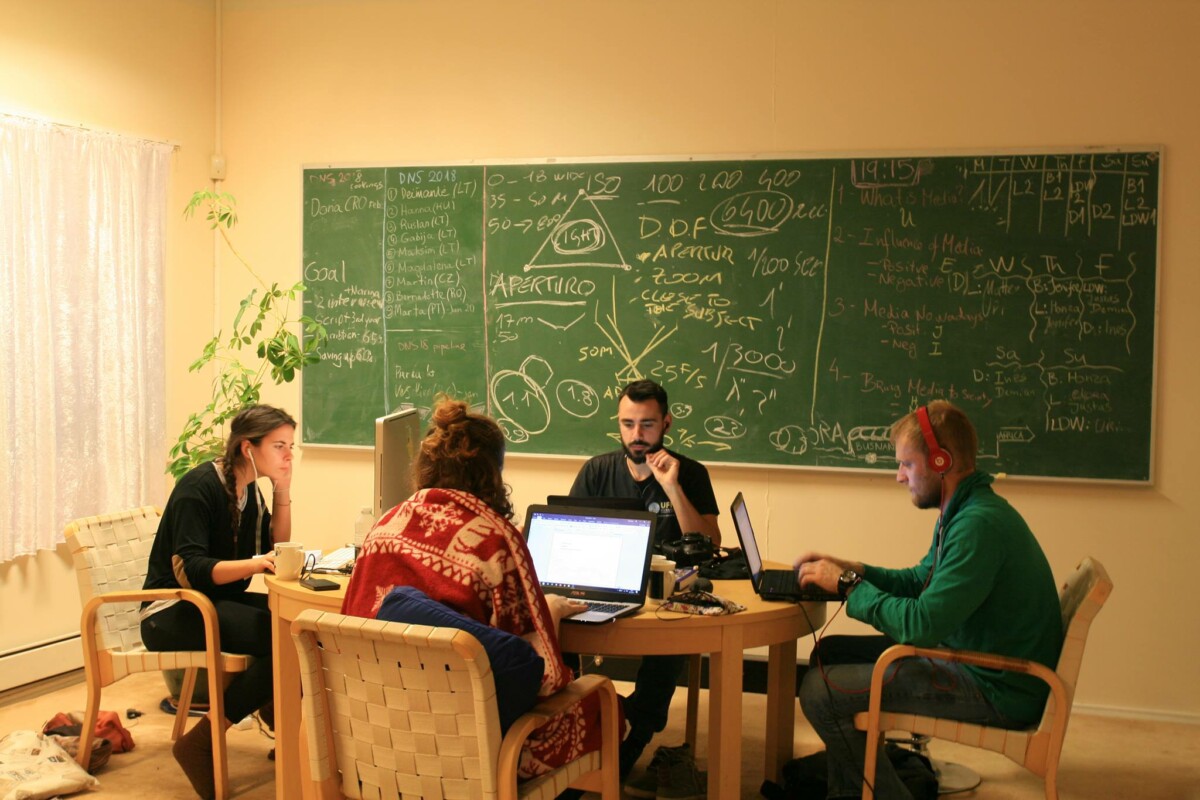
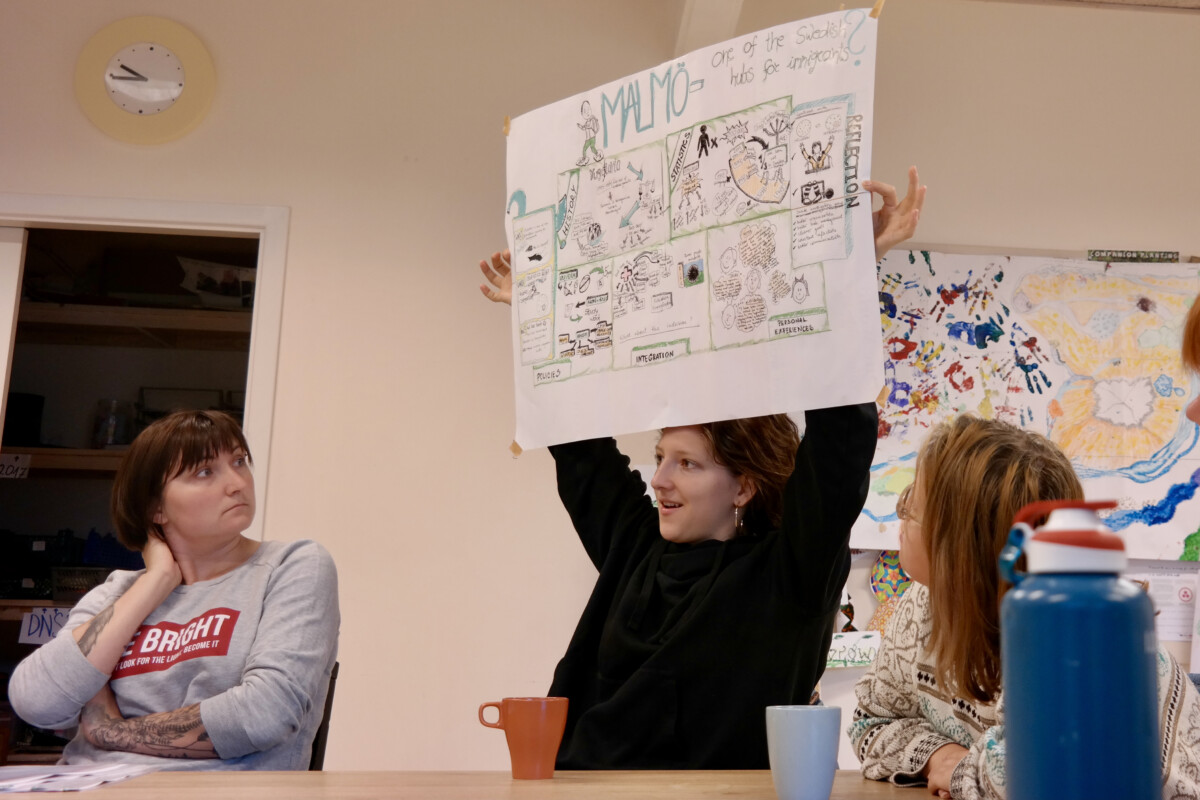
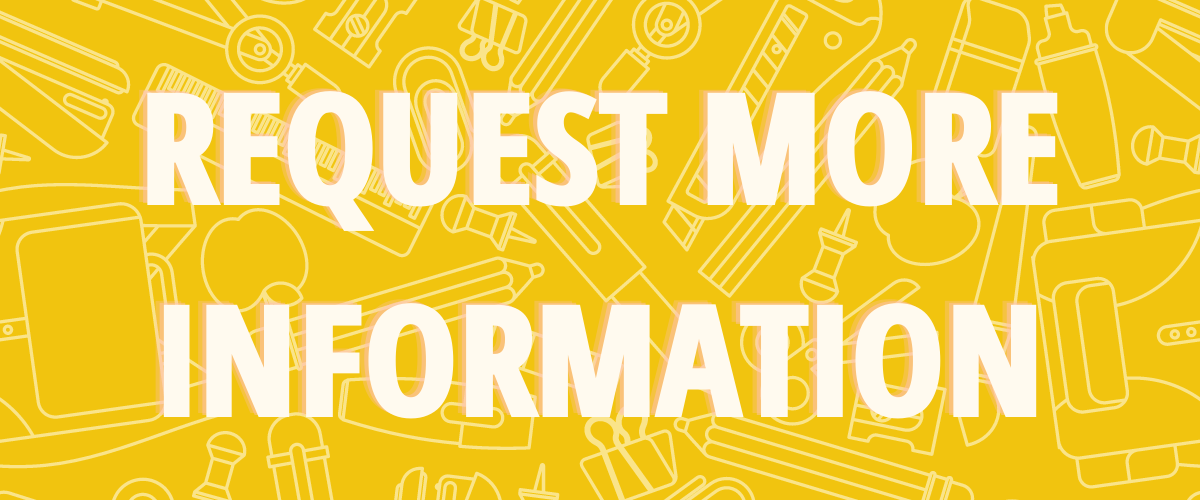

Yes, I like this article it is describing well this universal basic method for acquiring new knowledge used at DNS Denmark as well as in the more than 30 DNS schools in Malawi, Mozambique, Angola, and India that Humana People to People are running together with the respective governments of the countries. It is learning for life and a very good way to get more knowledge about the reality for the various communities in this world.
DNS Denmark is spreading lust for learning and this is necessary in this complex and very embittered world of ours. Keep it up DNS Denmark.!
What is your experience with preparing a field investigation? I ask because I have headed multiple study trips where field investigations were on the plan, and in my experience trying to “learn about” a topic by reading about it, or even watching a documentary, say “agriculture in Malawi” is basically a waste of time. 🙄 (At least if you travel with teenagers who have many other things on their minds.) It is when you are THERE, with your feet in the red Malawian mud, THERE planting maize with the women from the village, that the real learning starts happening. Now, we are ready to “get it”. Why do they plant maize in the rain? Why do we need to buy expensive fertiliser? Why are they buying seeds from Monsanto? And so on. Then we are ready to read and study and discuss.
So – practice first, the theory, then more practice (new questions based on a deeper understanding), then more theory… Or is it different with DNS students?
Hi!
The material is really interesting. All of the information shared is clear, giving a good sense of what the method is about.
Wow, thanks for sharing! It’s a great “step to step guide” on how to go about field investigations. As someone who was not aware of how applicable they are, I enjoyed reading the examples and they definitely led me to consider how I can use this in everyday life as well as studies. will definitely check out a few other posts!
This artikel is very good. It make you consider what is reel knowlegde. The artikel encourage the reader to try out the method. The method also give equal status to the student and the teacher and thereby give the foundation to create common knowledge. I think it is good to start an investigation by putting up hypothesis which can give the direction in the investigation. It is good to repeat praxis teori more then one time. Go out to investigate your hypothesis,come together, discus with each other , use books to understand more – formulate new questions – make a new investigation in the field – study again, discus and conclude on your hypotesis.
Very well written article! It’s a nice learning method.
Worth mentioning that field investigations are among the basic pillars of journalistic work. You could also look and learn about it from that perspective. Taking out lessons in how to conduct them in the most professional manner, with a goal in mind, so that in the end you have a very well researched product at hand to share with others)
I’m a former DNS. At this moment I am working on a social-educational field in Italy.
Too often I see youngster loosing their interest in education. Too often I see youngsters loosing their interest in life.
They are forgetting that life and education are inevitably connected.
Humans are made for discovering and learning.
I have been lucky for learning and studying this pedagogical method together with you and now I’m using it for “opening” minds and hearts of youngsters in my area.
Thanks and keep up the great (and super-needed) job.